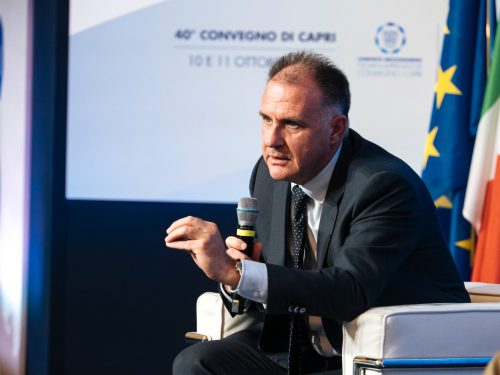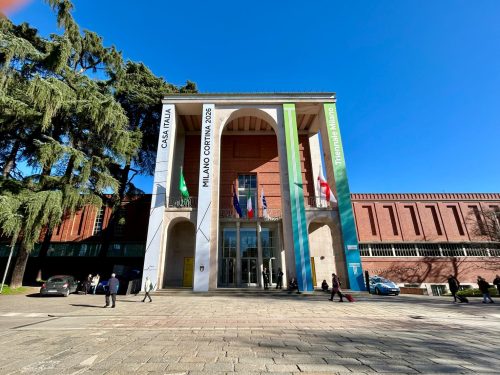News
Share on
Confindustria president Emanuele Orsini raises a clear alarm over the 10% duties announced by the United States: together with the devaluation of the dollar, they would have a real impact of +23.5% on the prices of Italian products, with an estimated loss of 20 billion in exports and 118 thousand jobs by 2026. It is not just about luxury goods, explains Orsini in an interview with the Corriere della Serabut also price-sensitive sectors such as machinery, transport equipment and leather goods. Therefore, he warns, to consider these duties 'sustainable' would be a grave mistakeThe backlash on Italian industry would be very heavy.
Orsini therefore urges finding a balance in negotiations with the USAvoiding the trap of a trade war: responding to duties with more duties would cause even greater damage. Rather, he proposes seeking understandings that offer advantages in the face of a more reasonable US tariff policy. Among the cards to be played at the negotiating table, he recalls how Italy, in order to strengthen its defence, is set to purchase the 80% from the USA: an element of strength that must be exploited.
On the fiscal front, Orsini considers it legitimate to use the global minimum tax lever as a sign of openness towards Washington, since the US, China and India have not adopted it. Suspending its application to US companies may be a relaxing gesture to facilitate an agreement.
Looking at alternative markets, speed up the closure of the agreement with Mercosur countries is considered a crucial step for the future of Italian exports. An agreement with Argentina, Brazil, Paraguay and Uruguay - is the president's reflection - could generate between 4.5 and 7 billion in additional exports: a result that would be a real flywheel for companies, able to significantly compensate for the expected losses from the US market.
If the issue is reciprocity of health rules, Confindustria is on the side of European farmers, but a strategic agreement such as Mercosur cannot be sacrificed for special interests, because it represents a unique opportunity for growth and diversification for the Italian industrial fabric.
The president then reiterates the centrality of the automotive sectoralready affected by internal European decisions such as the stop on endothermic engines from 2035. We need to protect the components supply chain, which employs over 70,000 people in Italy, and act to contain the US duties that threaten to further threaten the sector.
On the issue of competitiveness, the stated priority is to reduce the cost of energyEven with the recent drop in gas prices, the gap with other European countries remains a serious problem. Among short-term measures, Orsini mentions the decoupling of energy prices, the use of hydroelectric power at competitive costs and the use of end-of-power plants. In the medium to long term, he reiterates the need to consider nuclear power.
On the environmental front, Orsini asks the EU Commission not to turn the green transition into an excuse to tax companies: 'Decarbonisation is essential,' he explains, 'but Europe does not dare to build the European budget on the skin of industrywith revenues coming from payments imposed on companies through the Ets and Cbam system'.
Finally, the president tackled the Ilva issue, describing it as a strategic asset for the country, also in view of defence investments. He calls for the urgent granting of environmental authorisations to bring the plant back to full capacity and ensure modern and efficient gas and water supplies. "We will do everything to keep Ilva producingindustry needs it,' Orsini concludes.




